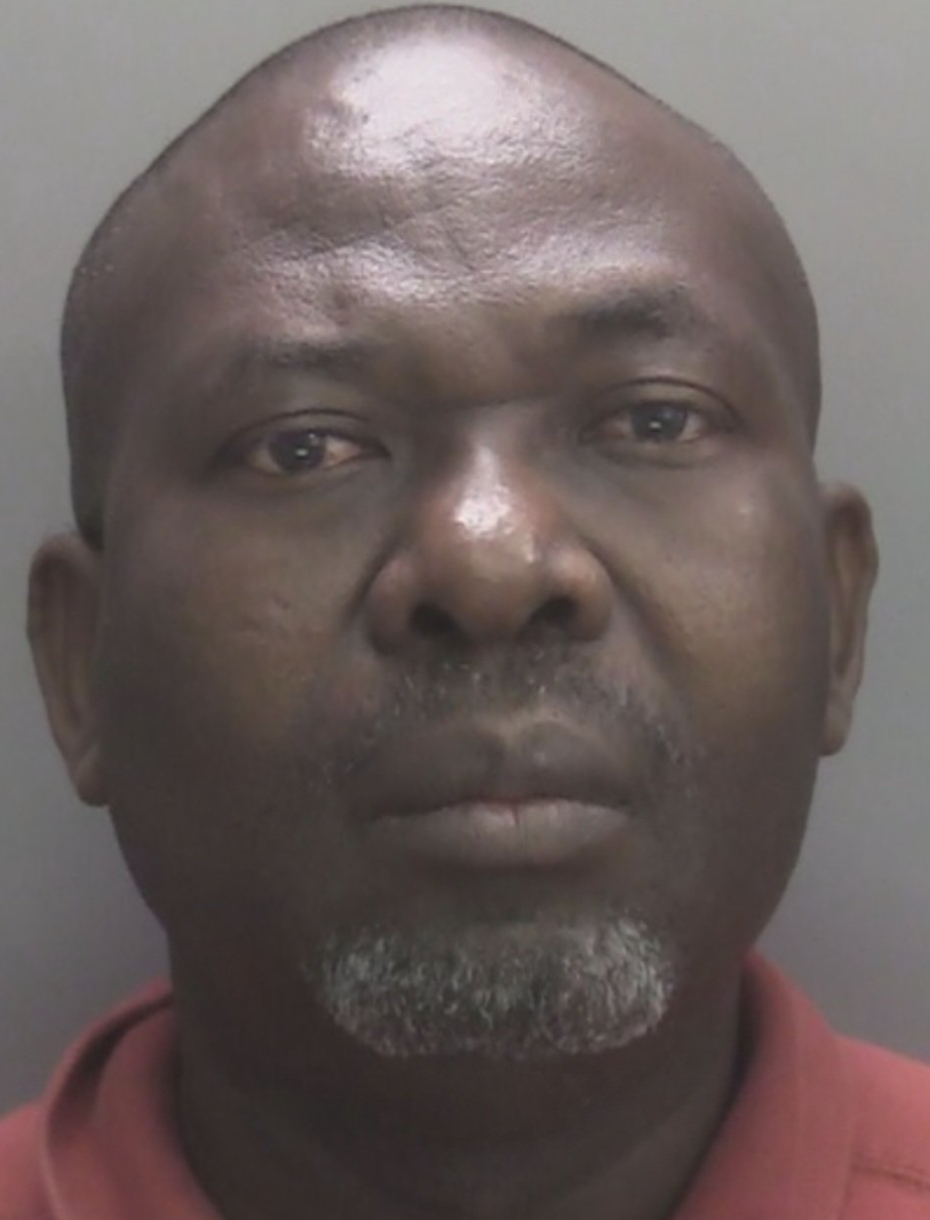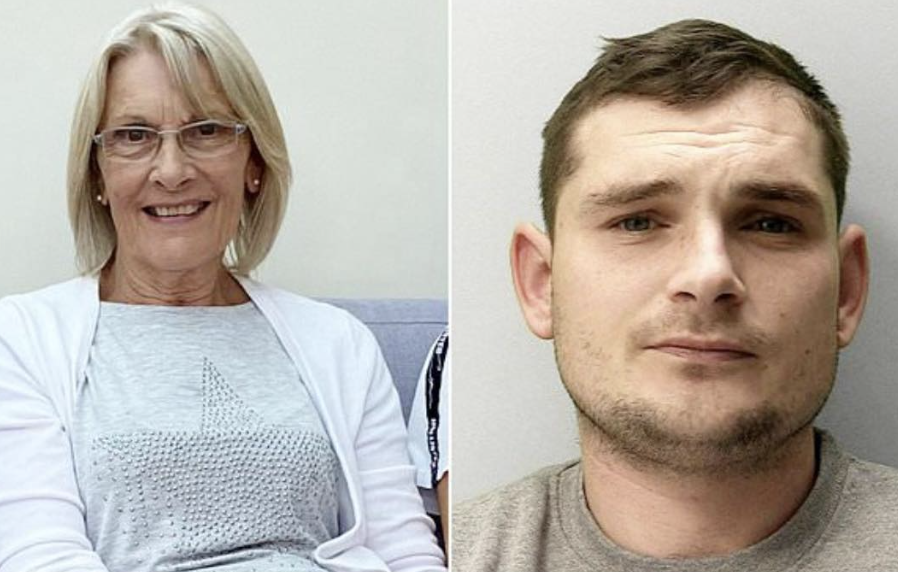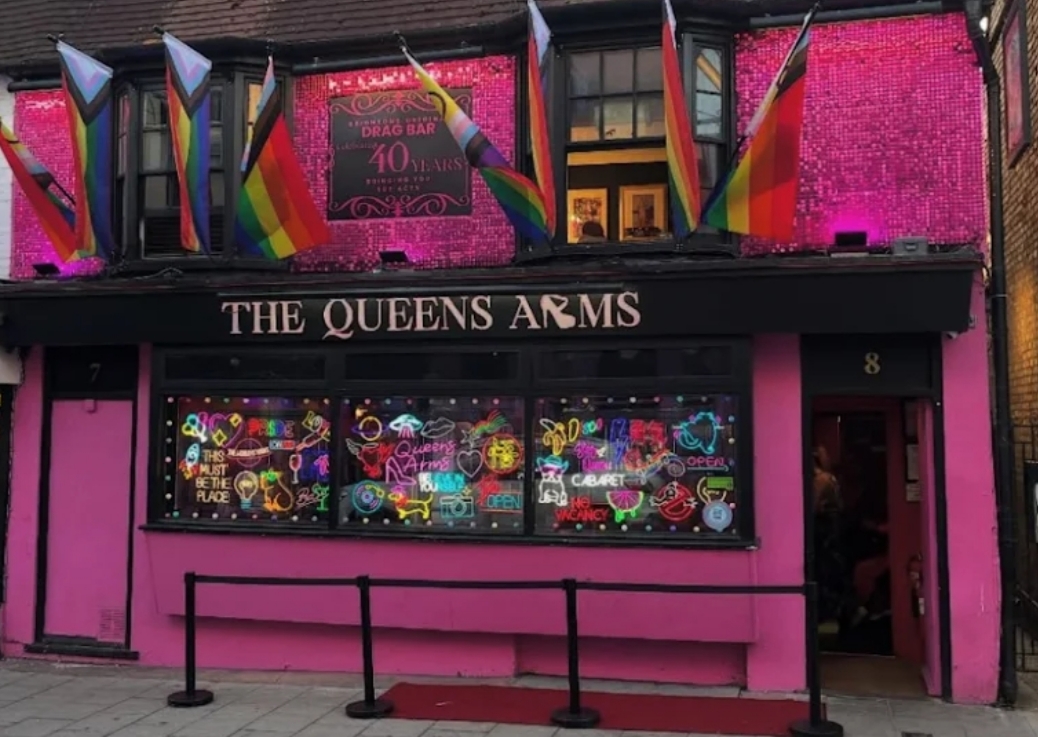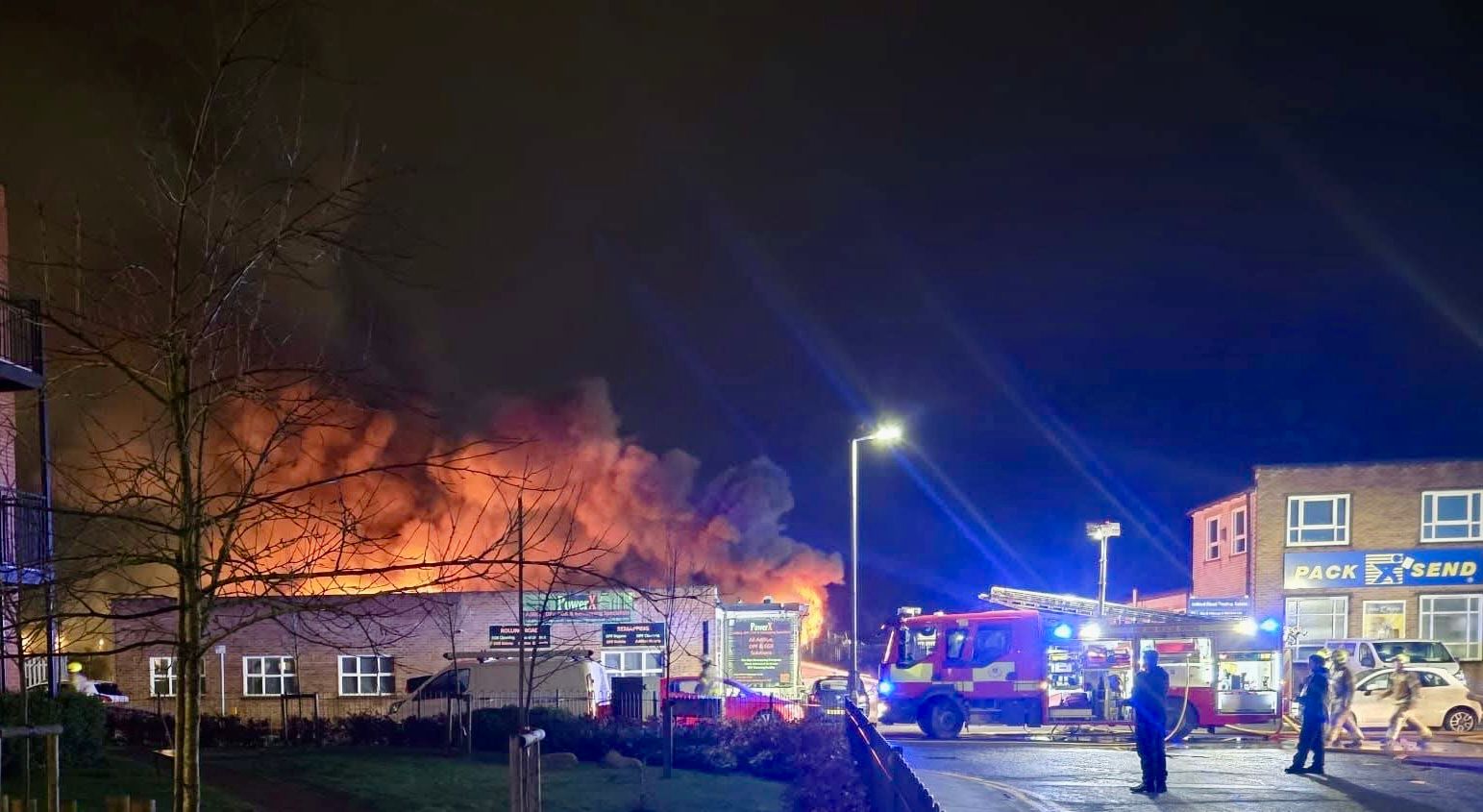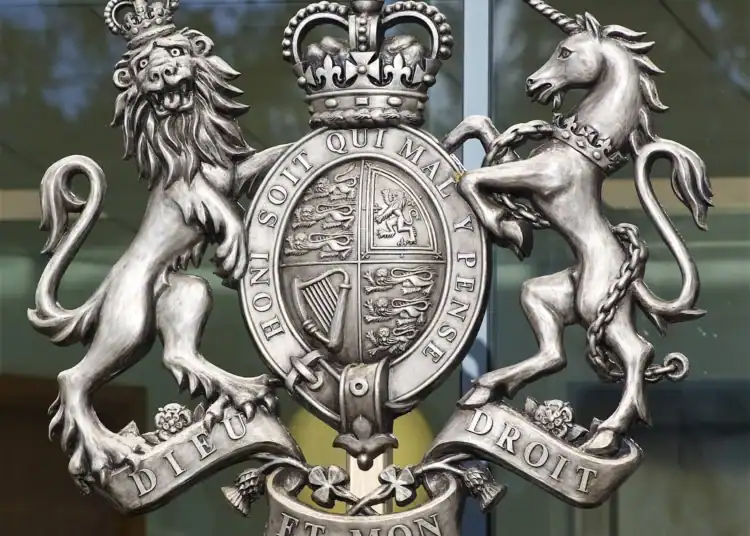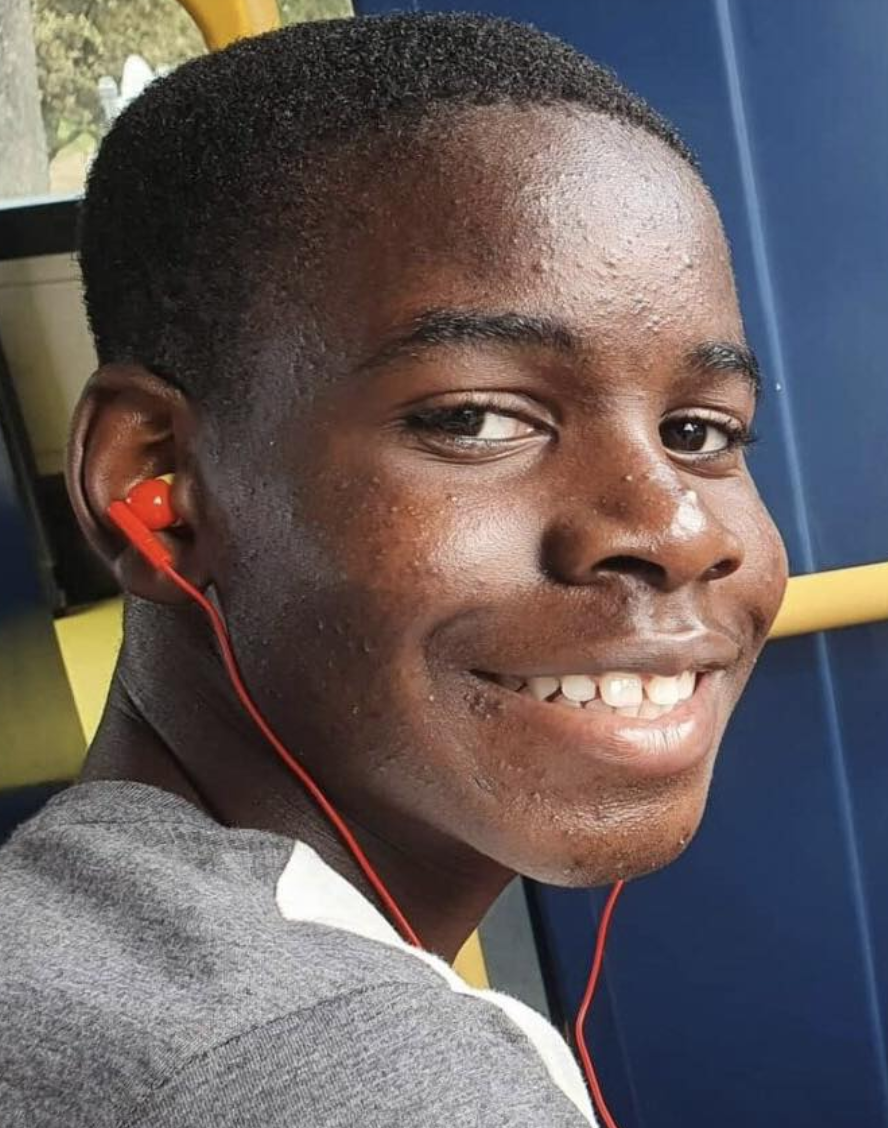Sir Keir Starmer has blasted the West Midlands Police ban on Israeli supporters attending the Europa League clash at Aston Villa. The Labour leader said fans must be able to watch football “without fear of violence or intimidation.”
Police Cite Amsterdam Violence and Safety Fears
The ban came after West Midlands Police branded the 6 November fixture “high risk” and ruled Israeli fans out of Villa Park. The force pointed to violent clashes during the recent Ajax vs Maccabi Tel Aviv match in Amsterdam as the key reason.
During that fixture, Maccabi fans ripped down Palestinian flags, chanted racist slogans like “death to Arabs,” and vandalised property. Following the match, groups on scooters hunted Israeli supporters across Amsterdam, hospitalising five people and injuring dozens more.
“This is the wrong decision,” Starmer said. “We will not tolerate antisemitism on our streets. The role of the police is to ensure all football fans can enjoy the game, without fear of violence or intimidation.”
Fury Among Jewish Groups and Local Fans
The Jewish Leadership Council branded the ban “perverse,” insisting away fans should not be banned because police fear for their safety. They called for the match to be played behind closed doors if necessary.
Meanwhile, Birmingham’s diverse community is torn. Local councillor and Villa fan Waseem Zaffar vowed to boycott the match, saying he couldn’t support a team linked to “brutal actions.” Muslim community leaders have warned of tensions running high in Aston, near Villa Park.
Security Concerns and Political Pressure Mount
West Midlands Police defended their call, stressing the ban is based on “current intelligence” and previous violent incidents. The Safety Advisory Group agreed, warning the police cannot guarantee supporter safety or control protests.
The controversial move adds fuel to fiery debates about Israeli teams’ role in European football. Palestinian groups demand UEFA tackle “genocidal, racist, and Islamophobic” behaviour by Israeli fans.
With less than three weeks to go, police and UEFA face growing pressure. But a change of heart looks unlikely given the huge security risks.





